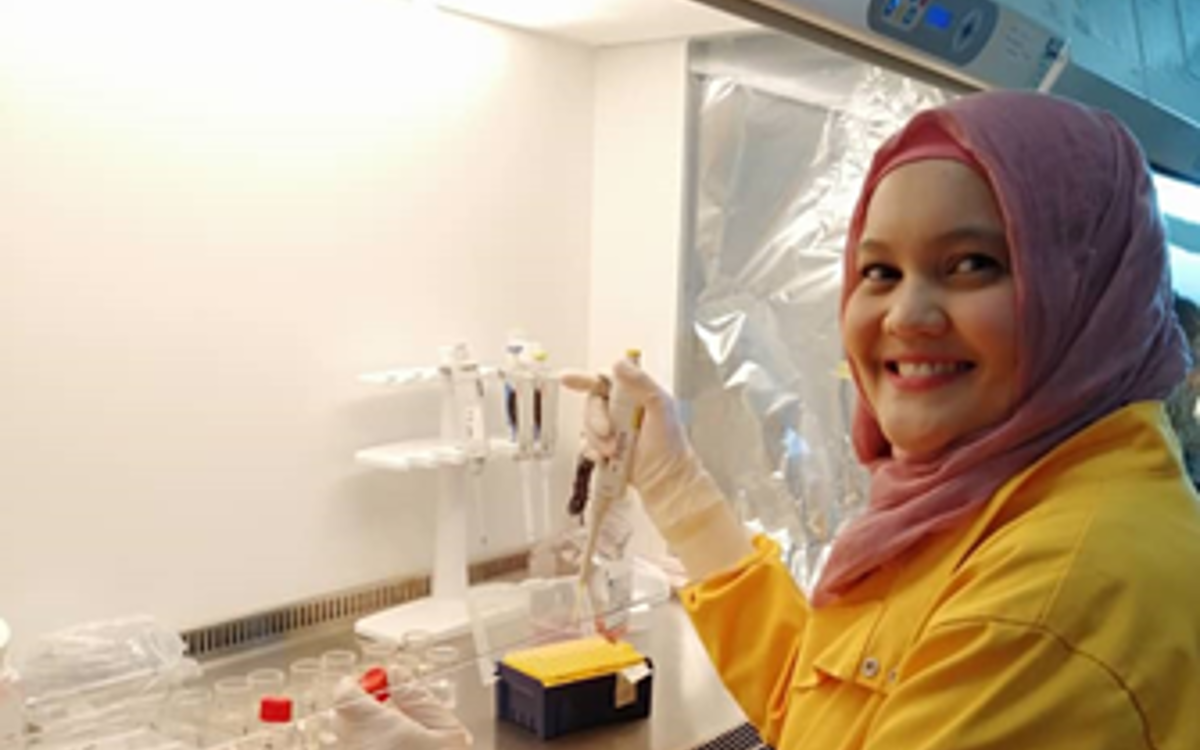By Atiqah Aziz


Atiqah Aziz
Cancer remains one of the leading causes of death worldwide. Patients with chronic illnesses such as cancer often wish to combine conventional and herbal treatments to improve their quality of life, to counter side effects, to achieve a sense of control and to match their lifestyle with their world view. However, they do not always inform their doctor of these alternative medicines, which potentially puts them at higher risk since a lot of alternative medicine is ineffective, and some positively dangerous. This really concerns me and is why I believe that research into the effect of herbal compounds on cancer cells is necessary and significant.
Currently I’m working as a Research Officer at the University of Malaya (UM), Malaysia with 12 years of working experiences. The ACU Fellowship allowed me to build my research interest in cancer and significantly enhance my career. Through the fellowship I took part in collaborative research, supervised by Professor Gareth Jenkins at the School of Medicine, Swansea University. I worked with professionals, received mentoring, enhanced training, and made connections which often led to further opportunities. The laboratory also has high-end facilities and I was given full access to it.
I conducted a project focused on a compound derived from traditional Malaysian plants which is scientifically proven to have some anti-cancer effects, and the potential interactions of this with prescribed medicines. The main objective was to determine the toxicity of this compound by investigating the presence or absence of DNA damage at the chromosome level. This study is an essential part of genetic toxicology because chromosomal mutation is the first indication in carcinogenesis. The research was a beneficial discovery on the mechanistic reaction and the effect of the compound on cancer cells. The findings also could help to increase an awareness on the alternative medicine use among society.
ACU Fellowships fund academic and professional staff of member universities in any country to promote the exchange of knowledge, skills, and ideas between members.
The fellowships, which are open to academic and professional staff at ACU member universities, are diverse both in subject and location. As well as enabling collaborative research projects and partnership-building, they also provide opportunities to observe and exchange new techniques and practices. Subjects range from forestry and food technology to accountancy and IT, as well as opportunities in broader areas.

